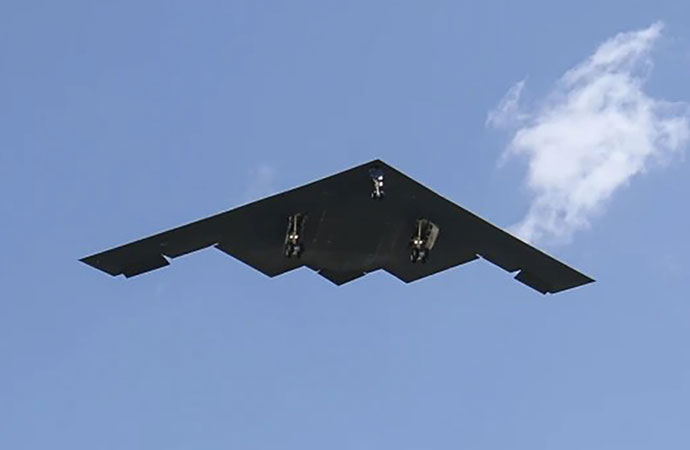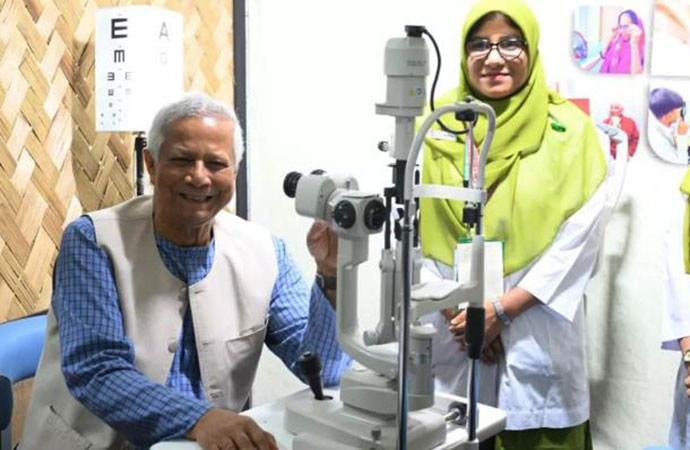Featured 1

The disturbing circumstances surrounding the arrest of the Chief Election Commissioner at the time of the infamous 'Midnight Election' of 2018, have served to renew fears of a form of 'mob culture' - the whipping up of frenzied crowds to induce them into rounding on often helpless individuals, resulting in physical violence, harassment, and often even death for the victim - taking hold in Bangladesh.
Hours after a case was filed by a senior member of the BNP last Sunday, K.M. Nurul Huda, the former bureaucrat who was brought out of retirement to head the Election Commission in 2017, was tracked down in his residence in Uttara Sector 5 by an angry crowd. They made their way in and brought him down, visibly harassed and garlanded with shoes (or as we say in Bangla, 'juutar mala'). Fortunately for him and his family, police had managed to show up at the residence by then, and his arrest at that point would probably have felt more like protective custody. Perhaps unsurprisingly, later in the week we saw Habibul Awal, CEC during the controversial 2024 election, surrender to police and submit to arrest (the case filed by the BNP was against him as well).
While it is true that both the individuals named above made themselves controversial by not honouring the duty bestowed on them by the constitution, ever since the monumental political changeover of August 5th last year, we have seen mobs forming for a variety of different reasons in different settings, and committing various crimes in Bangladesh. It doesn't always end in a public lynching. We have seen mobs forming to vandalise houses and commercial establishments, to raid offices, even to harass women, and most disturbingly, to attack and demolish religious establishments, notably temples and mazaars.
Establishing security for every citizen is a prerequisite for any government, and we have always recognised the uniquely difficult task facing the interim government when it comes to maintaining public order, exacerbated as it was by the retreat of the 200,000-strong police force, which was deeply politicized under the Hasina regime. More than ten months on, the police are still nowhere near standing on their own two feet again. The Army, despite enjoying full magistracy powers, is not trained in riot or crowd control.
All of this has opened the door to unsavoury characters trying their luck at almost anything, and for citizens, even the usually law-abiding ones, feeling the need to take the law into their own hands. The institutional weaknesses in our judicial system have meant the concept of 'mob justice', that should be an oxymoron, has always found resonance in these shores. Even today, we find people in important positions taking umbrage at some of the outrage that we have seen emerging, and patently voiced ourselves from the start on these pages, against mob culture. They try to explain it away as justified public anger.
What they don't understand is that if we are to make our way in this world as one of its civil nations, there can be no scope for such a shallow concept of justice and its dispensation. A mob can never dispense justice - at best it can extract retribution. And when you allow it, or try to justify it, you open the door to pandemonium.

























Leave a Comment
Recent Posts
Right On Schedule
The most eagerly anticipated, and frankly hyped up, announcement of an ...
Fighting raged along the borde ...
Fighting raged along the border of Cambodia and Thailand, with explosi ...
ICIMOD drives regional cooperation to inspire new mo ..
The Cage of Captivity and the Cry for Freedom: A Cru ..
Why Japan issued an advisory for a possible megaquak ..
The Autocrats’ War on Universities